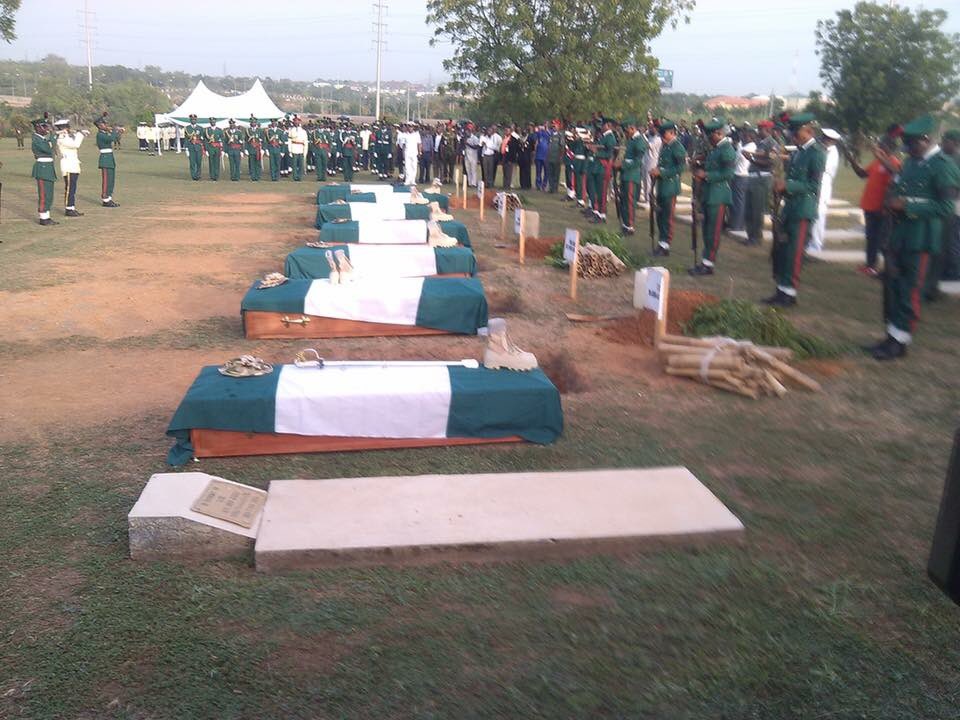The Benue State Police Command said it has arrested no fewer than 130 suspects over the recent massacre and subsequent threat to peace in the state.
The detainees include those being held for killings in parts of the state and attacks on residents of Makurdi, the state capital.
“The number of those arrested is high. The number is not necessarily restricted to a certain category,” Police Deputy Inspector General (Operations) Habila Joshak said.
Joshak is assisting Inspector General Ibrahim Idris to co-ordinate police operations to contain the recent mayhem in the state.
He had been contacted to assess the security situation in the state, two weeks after the burial of 73 victims of Fulani herdsmen attacks.
President Muhammadu Buhari subsequently directed Idris to move to the state to stop the security challenge.
Joshak said: “There were attempts to cause security challenges in the city of Makurdi, around the Wadata area.
“Some houses were attacked and cars vandalised, so, those involved were also rounded up. About 130 have been arrested altogether over the disturbances in the city.
“In the areas earlier affected by the violent crisis, some arrests have been made.”
He said relative peace has now returned to the state and more police personnel deployed to keep trouble makers away.
Continuing, the DIG said: “Assessing the performance of security officers or the situation on ground is based largely on the perception of the citizens themselves.
“You may be thinking that you are succeeding or doing something significant in the security template and people may be thinking otherwise.
“On the other hand, you may assume that you have not done so much because of limited time and number of activities while what you have done may be of extremely significant impact to the people.
“However, we have been able to stop some of the nefarious activities that were going on in some local governments, particularly in Guma and Logo as well as Agatu area of Benue state.
“Beyond that, our coming has assisted in coordinating activities by analyzing and assessing threats from one location to another. The IGP is coordinating and making a lot of inputs. He has convened several stakeholders meetings in both Benue and Nassarawa states.”
Joshak said the massive deployment of more personnel has also assisted the police in bringing the situation under control.
His words: “We have done massive deployment of personnel. Outside the normal presence on ground, the reinforcement at the Nassarawa state end is eight units; each unit comprises 63 policemen.
“In Benue state, there are 10 additional units. Outside the ten units, we have a highly specialized unit that was trained in Belarus, with the military who formed the initial action plan and those who actually started the conduct of the action against Boko Haram in the Northeast.
“They can be said to be a counter-terrorism unit but they are more than that, having done some highly specialized training with the military in Belarus. They can be airlifted and dropped to repel anywhere. Their duty is to go in, fight and come back.”
